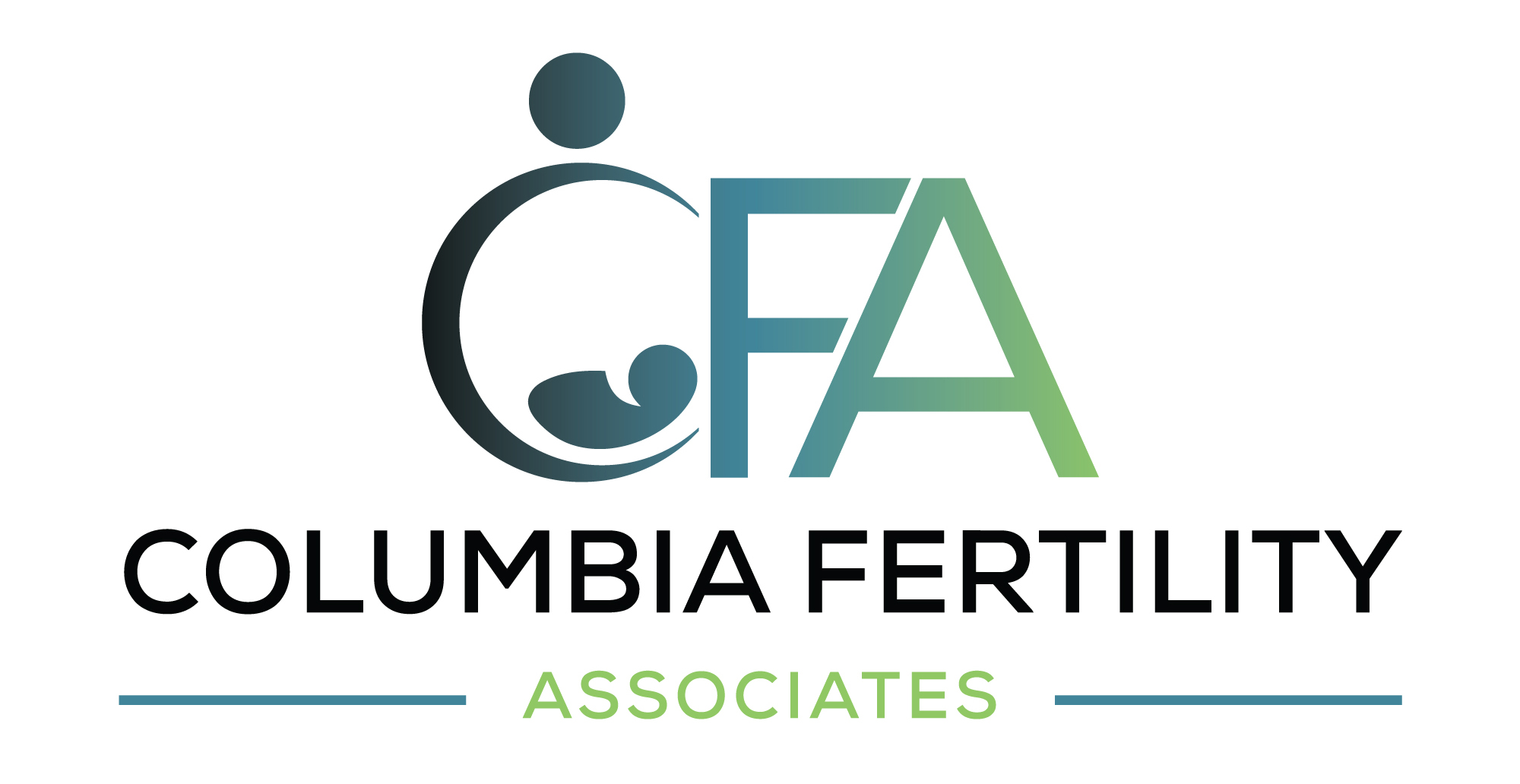If you’re under 35 and have been trying to have a baby for at least a year, or over 35 and have been trying for at least six months, you’re officially considered to be infertile. Learning that either you, your partner, or both of you may have a reproductive disorder is frustrating and disappointing.
You hope that by consulting a fertility specialist and undergoing a series of tests, you’ll be able to locate the source of the problem and correct it so you can fulfill your dream of having a baby. Instead, both of you have normal test results. Your OB/GYN gives you an unexpected diagnosis: unexplained fertility.
Our experts at Columbia Fertility Associates — a premier fertility clinic with locations in Washington, DC; Bethesda, Maryland; and Arlington, Virginia — understand that receiving a diagnosis of “unexplained fertility” can be baffling to the 15-30% of couples who receive it. After all, with so many advances in the field of reproductive medicine, how can your doctor not know what’s causing your problem? However, a diagnosis of unexplained fertility may simply mean that you need a second opinion.
Get a comprehensive workup
When you come to Columbia Fertility Associates looking for answers about why you’re not getting pregnant, our doctors physically examine and test both partners for the most common types of reproductive disorders. If you received a diagnosis of “unexplained infertility” from another doctor before undergoing all of the basic tests, the diagnosis may be premature.
If you’re a woman, you should be tested to determine your levels of:
- Luteinizing hormone — increases before ovulation
- Progesterone — an increase shows that ovulation has occurred
- Thyroid — low thyroid hormone may impair fertility
- Prolactin — high levels may disrupt ovulation
- Ovarian reserve — how many eggs you have left
Depending on the results, you may also undergo specialized tests, such as:
- Ultrasound — looks for changes before ovulation; can identify abnormalities, such as fibroids
- Sonohysterogram — special ultrasound to identify scarring or other abnormalities inside the uterus
- Hysterosalpingogram — X-ray to determine if fallopian tubes are open or blocked
- Hysteroscopy — insertion of mini camera into uterus to look for abnormalities
- Laparoscopy — insertion of mini camera through abdomen to examine fallopian tubes, ovaries, and the outside of the uterus
If you’re a man, we recommend semen analysis to determines the number and health of your sperm. You’ll also undergo a blood test that determines whether your hormones are balanced or not. Depending on the results, we may also advise an ultrasound study to look for abnormalities in the testes.
A closer look
If our doctors confirm your diagnosis of unexplained fertility, they may recommend other tests that look for rare conditions or that can identify a problem on a much smaller scale than standard tests. For instance, a woman may have a microscopic degree of endometriosis — a common cause of unexplained infertility — that can’t be identified via laparoscopy.
Women can also have a condition in which their ovarian reserves are lower than those normally seen for their age. In such a case, we base treatment on your ovaries’ biological — rather than chronological — age.
One of both of you may also have underlying health conditions that interfere with fertility. A recently recognized factor in female infertility is the presence of an autoimmune disease, such as Hashimoto’s thyroiditis or multiple sclerosis, in which your immune system erroneously attacks your embryo and causes a miscarriage. In this case, we may recommend treatments to reduce the risk of rejection.
Explore your choices
Our fertility experts design treatments based on each individual couple. If we can’t determine the cause of your infertility, we may recommend alternatives, such as:
- Egg donations
- Sperm donations
- Embryo donations
- Surrogacy
You can also ask us for referrals to counselors and support groups who specialize in unexplained infertility.
Whether you’re seeking a second opinion for unexplained infertility, or whether you’re looking for further testing, call us today or use the online contact form.








